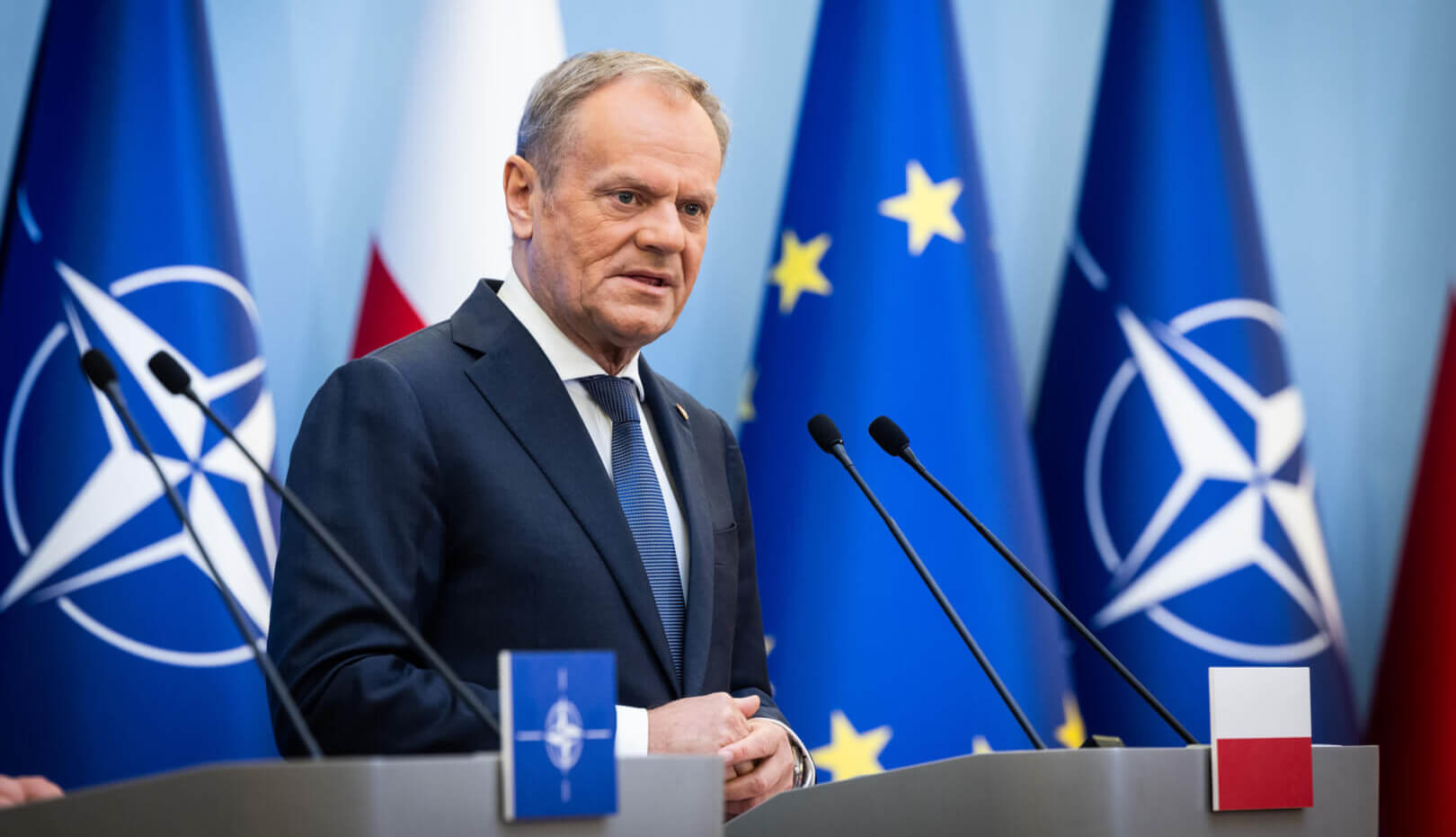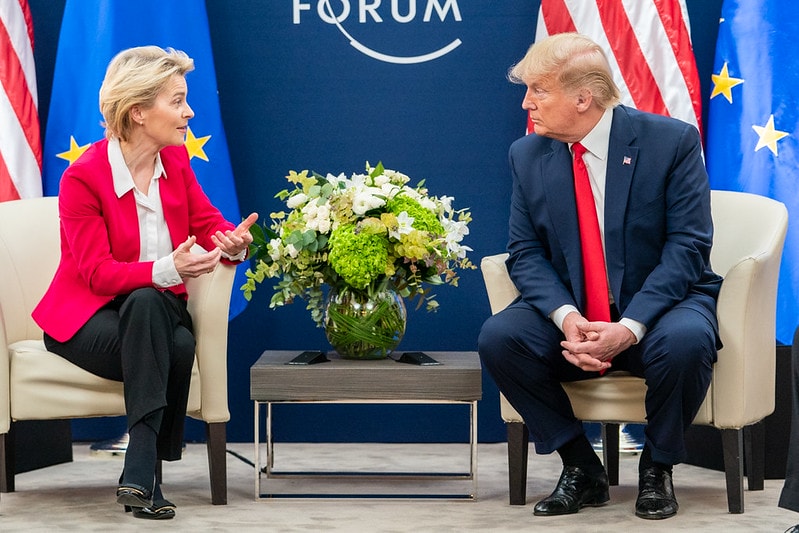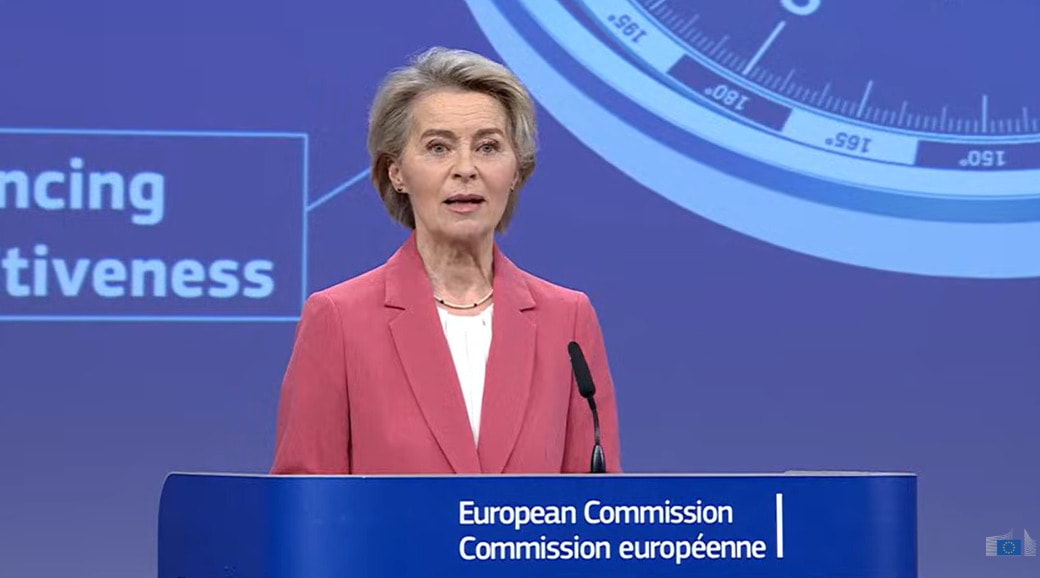Relations are not yet broken between Europe and Hungary and Poland, the leaders of the rebellious Visegrad group that also includes the Czech Republic and Slovakia. For now. The latest dispute centers around Next Generation Eu (Next), the 750 billion euro maxi-recovery and resilience plan to boost EU economies and help them recover from the COVID-19 fallout and better prepare them for the future. This time, however, the balance of power is not in favor of the Eastern Europeans. The handle of the knife is firmly in the hands of the European Commission, and the blade is pointed towards Hungary and Poland.
The EU Commission, the de facto executive arm of the European Union, has postponed approval of Hungary’s and Poland’s national recovery and resilience plans to the end of summer. They will not get funded until their proposals illustrating how and where they will use the Next funding are approved by the Commission.
The decision on the Hungarian recovery plan will remain pending until 30 September, while the Polish one is already postponed for two months. Don’t expect any news before October, but “new postponements are not ruled out,” the Commission said, which may mean Poland will have to wait even longer. The figures at stake are sizeable: Hungary should get € 7.2 billion in grants and Poland € 23.9 billion in grants and € 12.1 billion in loans. Consider also that these are extra resources for two countries that already collect proportionately more funds from the EU than any other EU member country.
The EU Commission approval – already granted to 16 EU states, with Croatia, Cyprus, Lithuania and Slovenia getting the green light on July 28 – is blocked in the case of those two countries because the Commission has found fault in their plans, faults that are rooted in two long-standing disputes with Brussels: A decidedly “opaque management” of funds (read: corruption) and the “absence of reforms on the rule of law”. A diplomatic way to refer to the increasingly deviant and illiberal policies pursued by both Poland and Hungary – policies that enable the parties in power to control the judiciary, thus threatening individual freedom and the very basis of a real, functioning democracy.
A Dispute Over Values
Europe already has notorious autocracies in the East, notably Putin’s Russia and Lukashenko’s Belarus. The Visegrad group is on its way to join them, with Poland and Hungary leading the way. So it should come as no surprise that their policies are the ‘object of the most contentious dispute in the history of the EU.
None of this is new, of course. Poland has been in the EU’s crosshairs for years because of an autocratic drift that has most recently resulted in a reform of the judiciary that threatens the independence of judges and the establishment of “LGBT free” areas, areas free from an alleged “Gay ideology”. As to Hungary, it is already at the center of an EU infringement procedure for a law that equates any content related to homosexuality to pornography.
In response, on 11 March the European Parliament has declared that the whole of the European Union is an “LGBTIQ Freedom Zone”, a symbolic resolution no doubt, but significant as a reflection of public opinion in Europe.
Both countries refuse any criticism from their European partners and are pushing back. Prime Minister Viktor Orbán has launched a referendum on the anti-LGBT law: This is an open challenge to the EU and its alledged “interference” on domestic politics. And that vote, which according to Orban would “protect the rights of children”, is viewed by European public opinion as an outright affront to democracy: “it’s isn’t democracy but the tyranny of the majority”.
Yet, before Orban and his Fidesz party came to power, Hungary had been on a different track. Discrimination based on sexual orientation and gender identity had been outlawed in 2004 and same-sex partnerships had become a reality in 2009. In fact, Budapest hosted large, visible LGBTIQ pride events.
The tactic is well-known: Instilling fear to hold on to power is a classic move of illiberal governments around the world. LGBTIQ people, marginalized, misunderstood, hated and victimized are easy pawns in Hungary and Poland, of course, but also in Russia, Turkey, Brazil, in the USA when Trump was in power, and elsewhere.
For now, neither the EU nor Hungary and Poland are willing to give up, even if Warsaw has been less vocal than Budapest and its attacks against Brussels. Orbán went so far as to argue that Hungary could give up EU funding, apparently ready to break relations with Brussels. “The funds that are due to Hungary will arrive months late or perhaps they will not arrive at all,’ he said. ‘It will mean that we will do it alone, we will finance our projects with the Hungarian budget”.
Should Orbán really decide to turn to action and make Hungrexit a reality, expect Poland to follow suit. It is already embroiled in further disputes, led by its Deputy Justice Minister Marcin Romanowski who just told the German Press Agency (dpa) that Germany is “endangering freedom of expression” in Europe; saying he recognizes “anti-freedom tendencies in the German judicial system”. At the root of his accusation is an article in a German magazine earlier this year by Polish theologian Dariusz Oko who got fined €4,800 by a district court in Cologne for inciting hatred. To give an idea of the language Oko used: He called gay priests in his article, “a colony of parasites,” a “cancer” and a “plague” – prompting German priest Wolfgang Rothe to file a lawsuit.
Naturally, Oko refuses to pay the fine and appealed the conviction; Romanowski came in support with the argument that “imposing penalties for scientific activities is a threat to fundamental freedoms and European standards”.
The upcoming trial will have to address the question of whether describing homosexual priests as “parasites” or “cancer” is a “scientific activity” or hate speech. The outcome should not be hard to predict.
Meanwhile, Poland risks financial sanctions if it doesn’t comply with a recent European Court of Justice ruling that said Poland’s controversial disciplinary procedure for judges violates EU law. It has until August 16 to do so.
The rift between Poland and Hungary’s conservative governments and EU values is growing fast – and could get worse before it gets better. As it happens, Germany is headed to elections in September and the center-right candidate for chancellor, Armin Laschet, who visited Warsaw over the weekend, was highly critical. He stressed the need to “ensure compliance with European law everywhere,” in an interview with Polish newspaper Rzeczpospolita. He also said that Berlin, while well aware of its historical responsibility to Poland, would reject Polish demands for war reparations. In short, a tough, uncompromising position.
Post-Merkel German policy towards its Eastern neighbors is likely to weigh in heavily in this rule-of-law dispute. Since Germany is Europe’s heavyweight champion, it could change the balance of power for good, giving added force to EU Commission policies. As of now, there is a summer pause. But watch for fireworks after September.
Editor’s Note: The opinions expressed here by Impakter.com columnists or contributors are their own, not those of Impakter.com. — In the featured image: Protest against anti-LGBTQ law in Budapest, Hungary, June 14, 2021. Featured Photo Credit: Wikimedia Commons.













